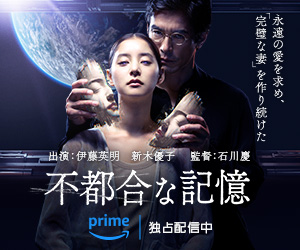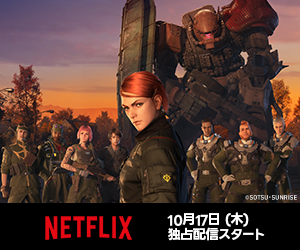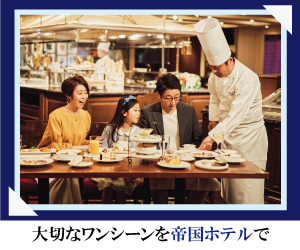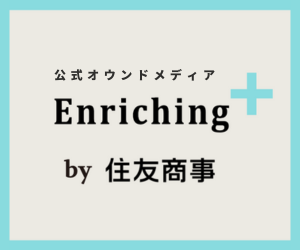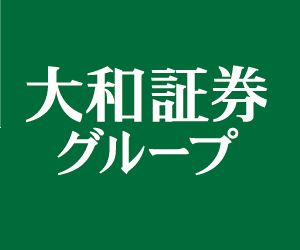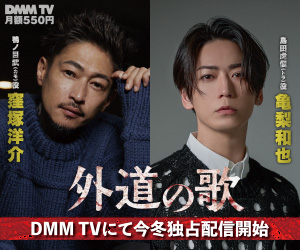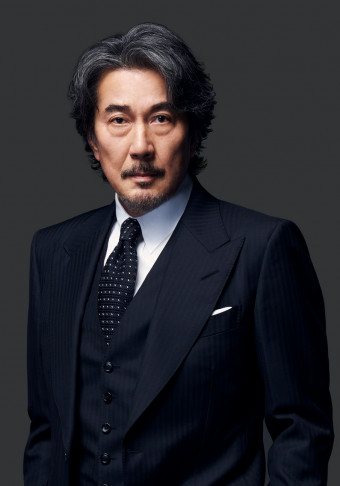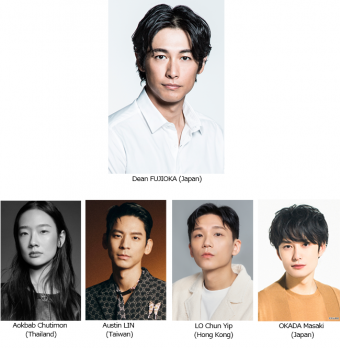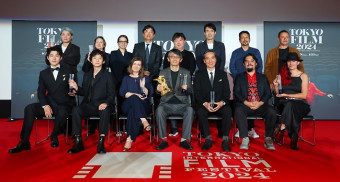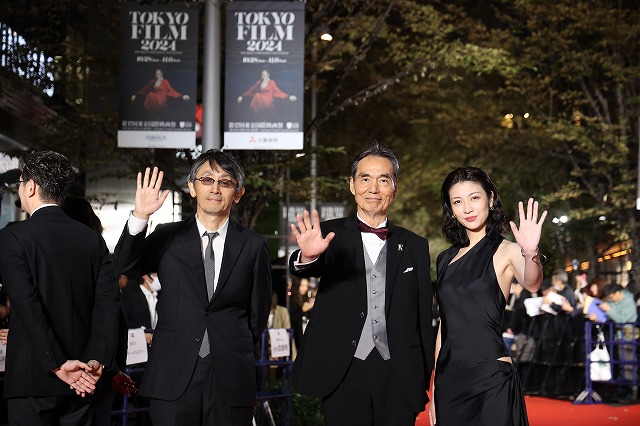
With its beautifully monochromatic palette and focus on quotidian activity, Yoshida Daihachi’s Teki Cometh, which had its world premiere on October 31 in the Competition section of the 37th Tokyo International Film Festival, seems at first to present a disarmingly unassuming approach to the notion of passing into insignificance upon reaching one’s dotage.
The film’s central figure, a retired 77-year-old French literature scholar named Watanabe (Nagatsuka Kyozo), whose wife has been dead for about a decade, lives by himself in a well-appointed, spacious old house in an unnamed city and goes about his daily tasks with the poise and determination of a man who knows exactly what he’s about. However, the audience, clued in by sound effects and odd visual cues, recognizes that something is amiss in the professor’s purchase on reality. As the movie progresses, he is subjected to an increasing onslaught of disturbing sounds and images that may or may not indicate that Watanabe is descending into a form of madness.
Is it dementia? During the post-screening Q&A, the director was somewhat cagey about what these bizarre representations meant, but he didn’t want the audience to go away with the wrong idea. One viewer, who said his occupation was caring for elderly people, commented that it was often difficult to tell if what we were seeing on the screen was supposed to be Watanabe’s imagination or reality, and he wondered if this was the case with many of his own charges. When these images and sounds escalated in intensity after the halfway mark, he wondered what exactly we were witnessing.
“As we progressed through the shooting, I often thought about the mental state Watanabe was in,” said Yoshida. “But to me he wasn’t suffering from cognitive impairment, and that was intentional. His imagination had just run wild. I have no personal experience with dementia, but considering how clear his mind was up until that midpoint, I think he intentionally let his mind run amok, re-experiencing events from his past in new ways. It was not a disability but rather an integral aspect of his character.”
These imaginings take on many forms, from inferences of sexual interest from a former female student (Takiuchi Kumi) who often visits, to pure paranoia, suggested by conspiracy theories, expounded on the internet, that he will soon be visited by hordes of filthy outsiders — the teki, or “enemy” of the title — whose florid English rendering perhaps makes fun of the professor’s academic pretensions.
As Yoshida explained, the movie is based on a novel by Tsutsui Yasutaka published in 1998, when the writer was 68. During the pandemic, Yoshida had trouble buying new literature and started re-reading books already on his shelves, including Teki (the book’s Japanese title). Older now than when he first read it, he came to better appreciate Tsutsui’s themes and immediately suggested it as the basis of his next film. His producers readily agreed.
Moderator Yasuda Yuko mentioned that Tsutsui himself once said he thought it would be difficult for the story to be adapted into a visual medium. Yoshida said he had no problem doing so because he had been a fan of Tsutsui’s since he was a teenager. “The adaptation came naturally to me,” he said. “I think we share a sensibility. I adhere to Tsutsui’s premise that while the story jumps back-and-forth between imagination and reality, it’s all grounded in reality.”
Another audience member asked about the use of black-and-white photography, which she said made the second half of the film more vivid dramatically. Yoshida agreed, but added, “The reason I shot in black-and-white was to emphasize Watanabe’s stoicism, the way he lived as an elderly man,” he said. “Perhaps the second half seems more explosive because when you watch a movie in black-and-white your perceptions are sharper, but I don’t think there’s much difference in tone between the first and second halves.”
Since Nagatsuka is in practically every scene in the movie, his contribution cannot be ignored, and the director readily acknowledged that he didn’t think the film would have been possible without him. “I’ve been a huge fan of Mr. Nagatsuka for years, and he was the only person I wanted for this role. He conveys the intellect of someone who knows he is approaching the end but still maintains the presence of mind to persevere. When I first brought him the screenplay, I was afraid he might not accept the offer. If he had, I might not have made the film.”
The moderator also praised the performance by Takiuchi, and Yoshida said she was a very intuitive actor who understood immediately her character’s approach to the professor. He also revealed that Takiuchi told him her “presence” lent itself particularly well to this film, since she thought she looked better when shot in black-and-white. Yoshida agreed: “It’s as if you were looking at an actress from the classic Japanese film era.”
Q&A Session: Competition
Teki Cometh
Guests: Yoshida Daihachi (Director)














